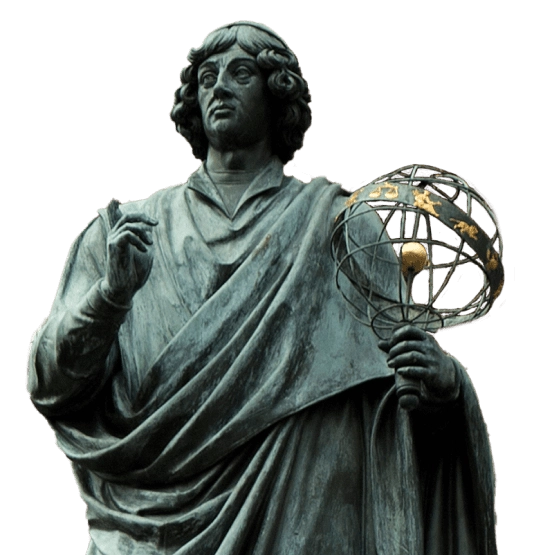In the international Kerbal Space Program Differential Game Challenge, designed to test how effectively AI models can navigate in space, ChatGPT secured second place, outperforming many advanced systems developed specifically for this purpose.
The Kerbal Space Program Differential Game Challenge, based on the popular space flight simulator, serves as a testbed for scientists developing and evaluating autonomous spacecraft control systems. Participants encountered realistic scenarios, such as intercepting satellites or avoiding detection by other objects.
A team of researchers opted to use the commercially available language model ChatGPT, creating a specialized communication system that translated data about the spacecraft’s position and destination into textual descriptions. These descriptions were fed into the model, which then generated maneuver recommendations. The AI’s responses were subsequently converted into code to control the simulated spacecraft.
Why was ChatGPT so effective? Traditional autonomous systems require lengthy training cycles and ongoing refinement. In contrast, language models like ChatGPT are already trained on billions of texts and need only carefully crafted prompts to solve new problems efficiently. In realistic mission conditions, which last only a few hours, this adaptability is crucial.
Although another model, based on mathematical solutions, ultimately won the competition, ChatGPT—a publicly available model—achieving second place is regarded as a significant accomplishment. This is particularly notable given that the tests took place before the release of the latest version, GPT-4.
Scientists caution that much work remains before such systems can be used in real-world applications, mainly due to the risk of so-called hallucinations, where AI generates incorrect or unpredictable responses. Nonetheless, these early results suggest that AI-based systems could one day navigate spacecraft, assist satellites, and explore deep space without constant human oversight.
The use of language models as autonomous spacecraft operators in Kerbal Space Program will be detailed in an upcoming article in the Journal of Advances in Space Research.
Source: Live Science










